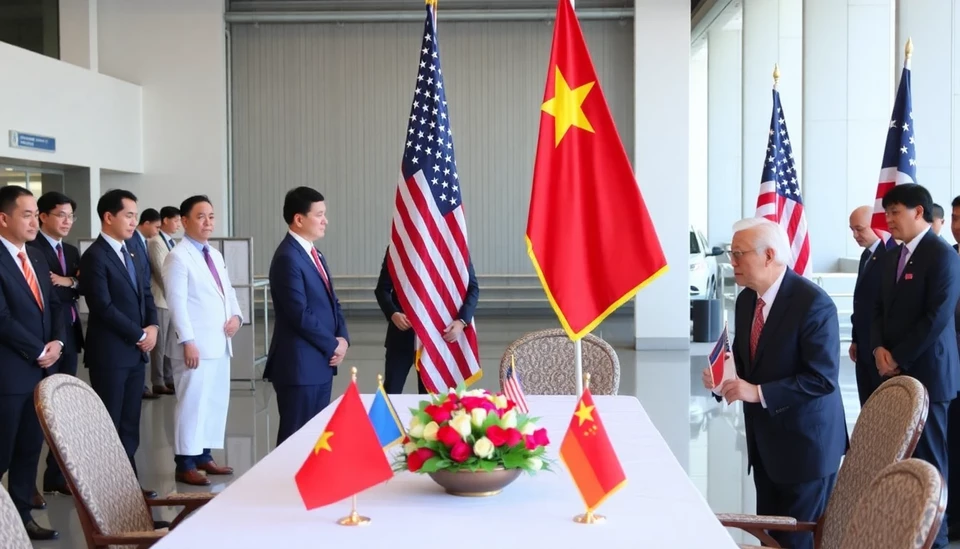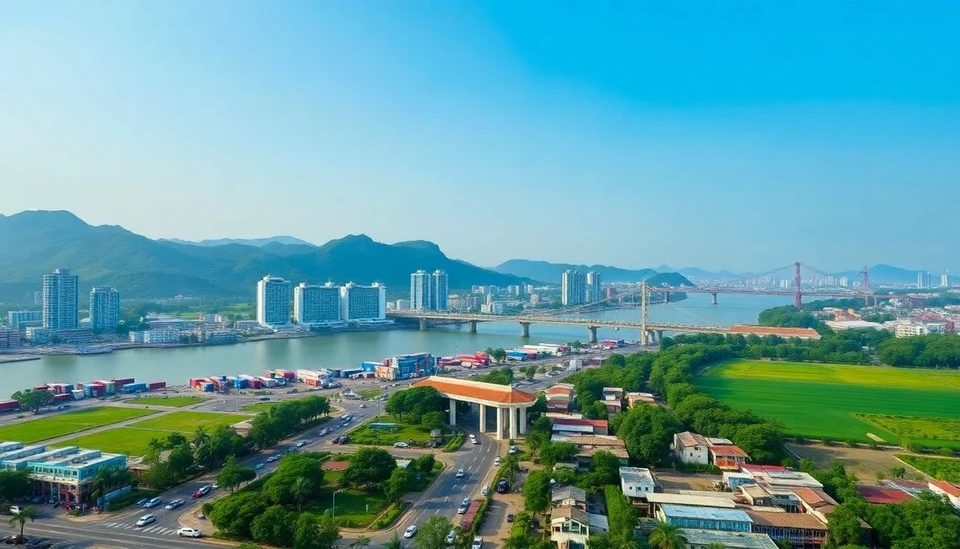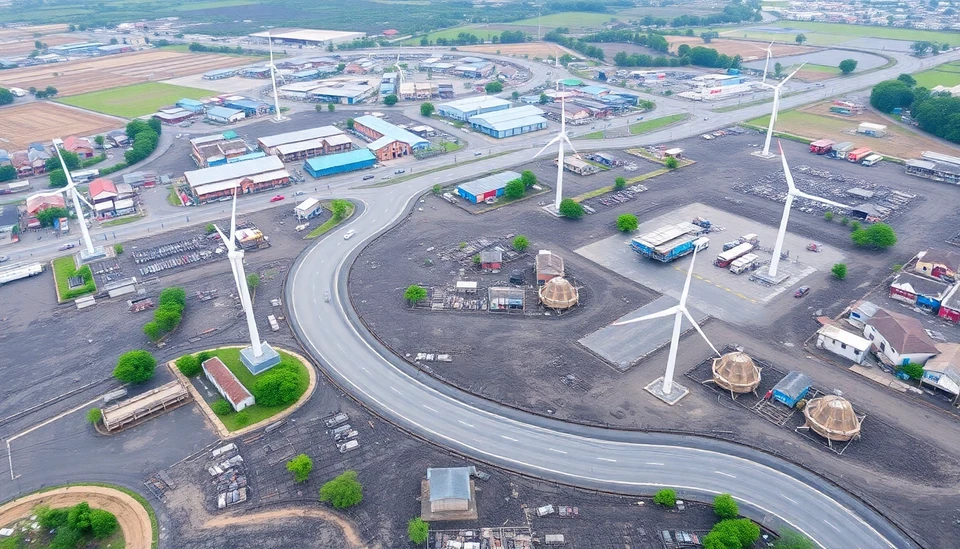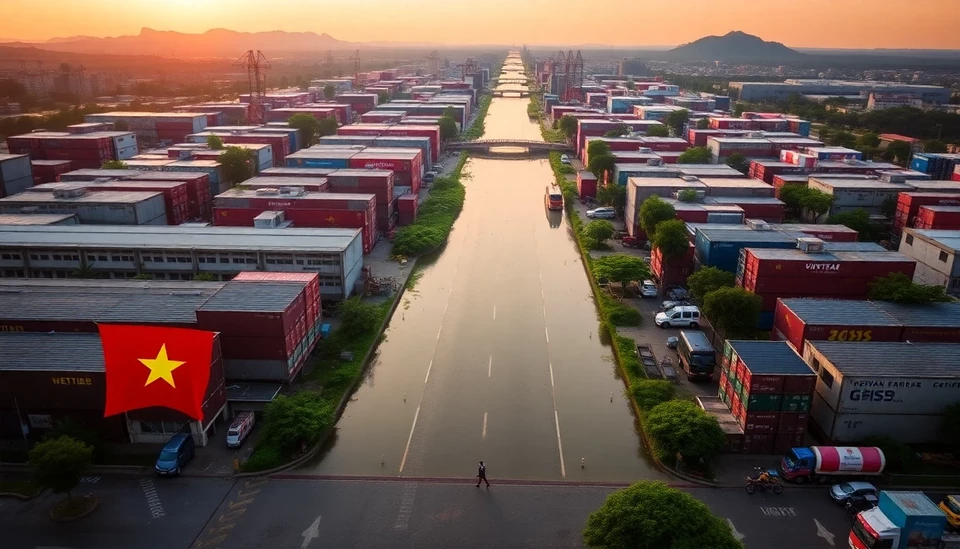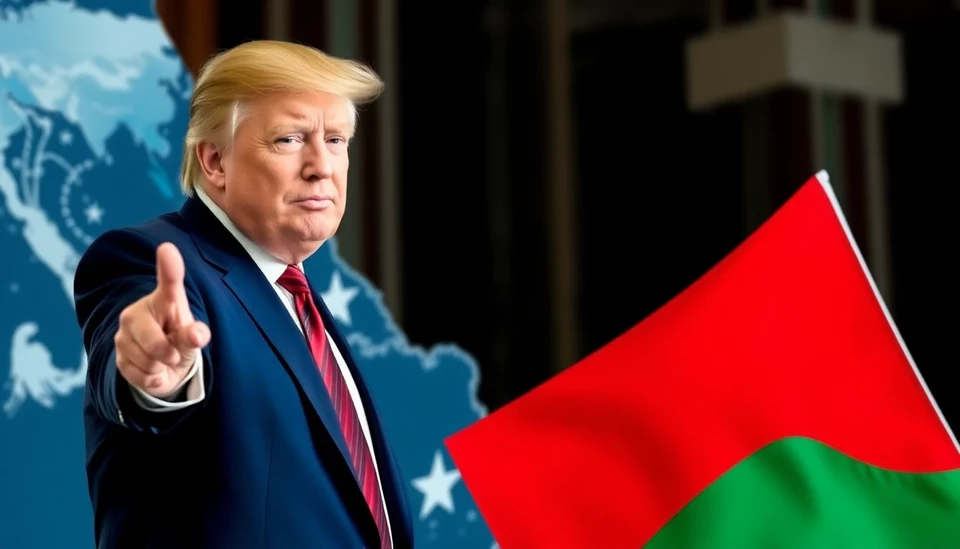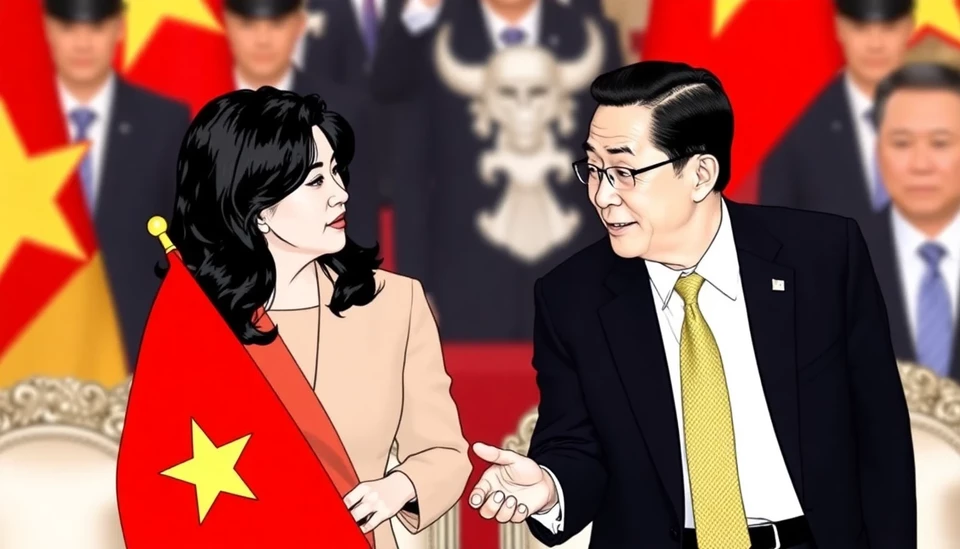
In a significant address that echoes the sentiments of many affected by international trade disputes, Vietnam's Prime Minister has cautioned that ongoing trade wars could drive countries back into poverty. This statement comes as part of a broader discussion on the adverse impacts that protectionist policies and confrontational trade tactics can have on global economies.
The remarks were notably pointed, seeming to take aim at former U.S. President Donald Trump and his administration's approach to trade, which included imposing tariffs and other trade barriers that escalated tensions not only with China but with various trading partners around the world. During his tenure, Trump's policies were characterized by an emphasis on America-first economics, which, according to current global leaders, has led to instability in the international market.
Vietnam, a rapidly developing Southeast Asian nation, has emerged as a key player in global trade, particularly in manufacturing and export-led growth. The country has benefited from the trade shifts prompted by U.S.-China tensions, yet its Prime Minister is alerting that all nations must tread carefully in navigating their trade relations to avoid the pitfalls of economic isolation and poverty.
Historically, Vietnam has dealt with its share of trade challenges; however, the Prime Minister's recent comments reflect the growing concern among nations about the long-term effects of trade wars. He emphasized that such conflicts not only threaten economic gains but also jeopardize the well-being of millions who depend on stable trade relationships for their livelihood.
This warning resonates with other leaders around the world who have been advocating for a return to cooperative international trade practices. In a time when economic recovery is a priority, many see that working together rather than imposing unilateral restrictions is essential for fostering sustainable growth and reducing poverty levels globally.
Furthermore, the Prime Minister's caution reflects broader themes discussed in various economic forums where leaders are urging a reevaluation of the direction that global trade policies have taken in recent years. The broader ambition is to mitigate risks associated with trade conflicts and build resilient economic partnerships that can withstand fluctuating geopolitical climates.
As nations gear up for future negotiations and seek pathways to strengthen economic ties, Vietnam's call to action emphasizes the need to prioritize collaboration over conflict in the economic sphere. It is a compelling reminder that, in an interconnected world, the fallout from trade wars can reverberate far beyond borders, impacting societies in profound ways.
As Vietnam continues to position itself as a strategic trading hub, the message from its leadership is clear: fostering relationships built on mutual respect and benefit is vital in a time characterized by uncertainty and potential economic turmoil.
In conclusion, as discussions around trade evolve, the need for diplomacy and understanding in international trade relations is more critical than ever. Leaders must navigate these waters wisely, keeping the potential consequences of their actions at the forefront of their decision-making.
#Vietnam #TradeWars #GlobalEconomy #DonaldTrump #InternationalRelations #PovertyReduction #EconomicGrowth #Manufacturing #SoutheastAsia
Author: Laura Mitchell
